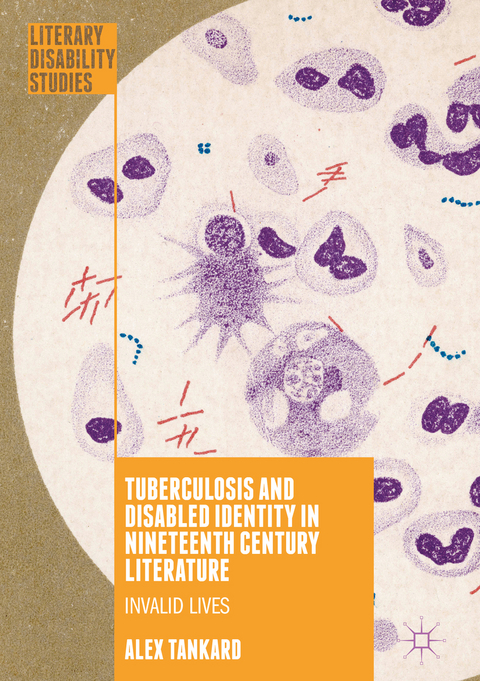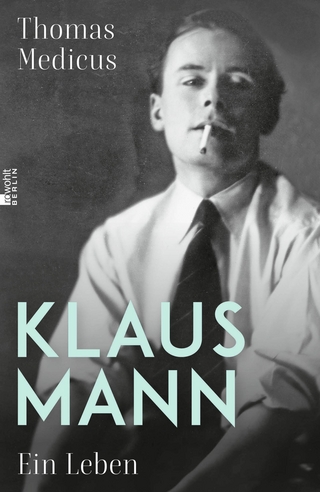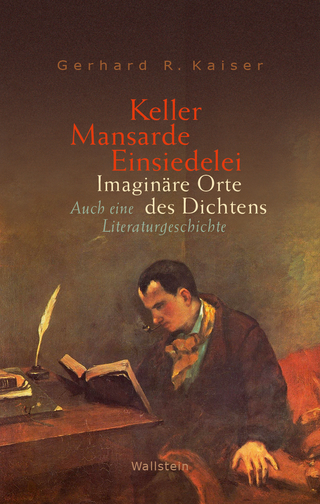
Tuberculosis and Disabled Identity in Nineteenth Century Literature
Springer International Publishing (Verlag)
978-3-319-71445-5 (ISBN)
Alexandra Tankard obtained a BA in English and Philosophy from Keele University, and an MA in Victorian Literature and PhD in English from the University of Liverpool.
1. Introduction.- 2. Medical and Social Influences on Consumptive Identity.- 3. Victimhood and Death: Consumptive Stereotypes in Fiction and Nonfiction.- 4. 'I hate everybody!': The Unnatural Consumptive in Wuthering Heights.- 5. 'Too much misery in the world': Protest in Jude the Obscure (1895) and Ippolit's 'Necessary Explanation' in The Idiot (1869).- 6. Progress: Valid Invalid Identity in Ships that Pass in the Night (1893).- 7. Conclusion.
"Tuberculosis and Disabled Identity in Nineteenth Century Literature is a spirited and rewarding study of that long and variegated process of 'giving way,' where change takes hold, if only temporarily." (Maria Frawley, Nineteenth-Century Prose, Vol. 46 (2), 2019)
"The points in Tuberculosis and Disabled Identity are made elegantly and with convincing supporting examples. And the book's organisation is logical, lending further satisfaction. ... There is much to be gained from this book, including the seemingly simple but actually far-reaching realisation that not all Victorian representations of 'consumption' should automatically be understood to represent 'tuberculosis'." (Heidi Logan, The Wilkie Collins Journal, October, 2019)
"Tuberculosis and DisabledIdentity is an intensely informative text, which puts forward challenging and nuanced theories and readings while still remaining accessible to the reader. It offers a new and exciting perspective on nineteenth century fiction which engages with the literary tradition of depicting the 'consumptive', and does so in a fascinating, thought-provoking, and enlightening way." (Emily Jessica Turner, The British Society for Literature and Science, bsls.ac.uk, October 30, 2018)| Erscheinungsdatum | 26.02.2018 |
|---|---|
| Reihe/Serie | Literary Disability Studies |
| Zusatzinfo | IX, 238 p. |
| Verlagsort | Cham |
| Sprache | englisch |
| Maße | 148 x 210 mm |
| Gewicht | 434 g |
| Themenwelt | Geisteswissenschaften ► Sprach- / Literaturwissenschaft ► Literaturgeschichte |
| Geisteswissenschaften ► Sprach- / Literaturwissenschaft ► Literaturwissenschaft | |
| Schlagworte | Charles Dickens • Culture • Disabled identity • Disease • Emily Bronte • Medicine • Tuberculosis nineteenth century literature • Victorian |
| ISBN-10 | 3-319-71445-7 / 3319714457 |
| ISBN-13 | 978-3-319-71445-5 / 9783319714455 |
| Zustand | Neuware |
| Haben Sie eine Frage zum Produkt? |
aus dem Bereich


